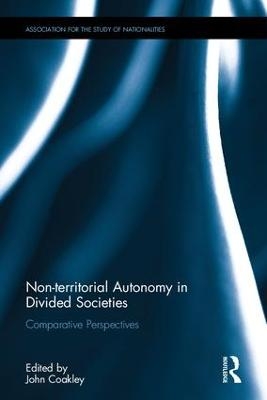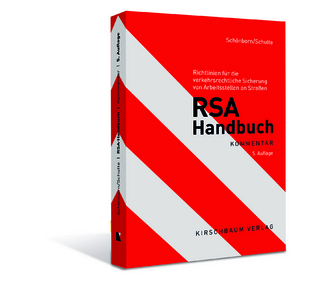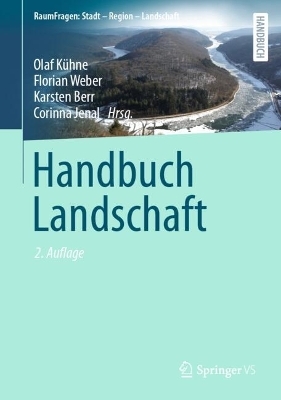
Non-territorial Autonomy in Divided Societies
Routledge (Verlag)
978-1-138-95395-6 (ISBN)
This book was published as a special issue of Ethnopolitics.
John Coakley is Professor of Politics at Queen’s University Belfast, Northern Ireland, and Professor Emeritus at University College Dublin, Ireland
1. Introduction: non-territorial minorities and the notion of cultural autonomy (John Coakley, Queen’s University Belfast) 2. The Jewish question and national cultural autonomy in Europe (Roni Gechtman, Mount Saint Vincent University) 3. The Ottoman empire: the millet system (Karen Barkey, Columbia University) 4. Moravia: an early experiment in non-territorial autonomy (Börries Kuzmany, Central European University, Budapest) 5. Estonia: a model for interwar Europe? (David J Smith, University of Glasgow) 6. Belgium: non-territorial and territorial devolution (Emmanuel Dalle Mulle, University of Geneva) 7. Canada: First Nations in a federal state (Bettina Petersohn, University of Edinburgh) 8. The Sami: indigenous autonomy in Scandinavia (Per Selle, University of Bergen) 9. The Maori quest for autonomy in New Zealand (Richard Hill, Victoria University, Wellington) 10. Conclusion: patterns of non-territorial autonomy (John Coakley, Queen’s University Belfast)
| Erscheinungsdatum | 24.05.2016 |
|---|---|
| Reihe/Serie | Association for the Study of Nationalities |
| Verlagsort | London |
| Sprache | englisch |
| Maße | 174 x 246 mm |
| Gewicht | 453 g |
| Themenwelt | Naturwissenschaften ► Geowissenschaften ► Geografie / Kartografie |
| Sozialwissenschaften ► Ethnologie | |
| Sozialwissenschaften ► Politik / Verwaltung ► Politische Systeme | |
| Sozialwissenschaften ► Politik / Verwaltung ► Staat / Verwaltung | |
| Sozialwissenschaften ► Soziologie | |
| ISBN-10 | 1-138-95395-4 / 1138953954 |
| ISBN-13 | 978-1-138-95395-6 / 9781138953956 |
| Zustand | Neuware |
| Haben Sie eine Frage zum Produkt? |
aus dem Bereich


